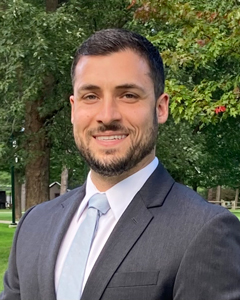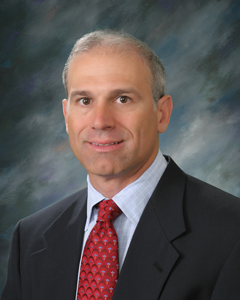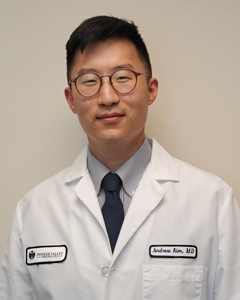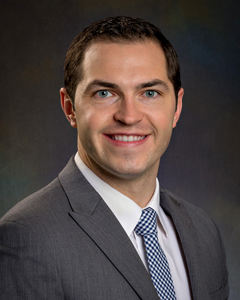Testicular Cancer
Testicular cancer is the growth of malignant cells in the testicle. It can occur at any age, but most frequently strikes men between 15 and 35 years of age. Typically, only one testicle is affected. With an early diagnosis, testicular cancer is highly treatable, but, left untreated, it can metastasize and become fatal.
Risks of Testicular Cancer
Although the cause of testicular cancer is uncertain, there are several known risk factors:
- Family history of the disease
- A previously undescended testicle
- Prior testicular cancer
- Abnormal testicle development
- Having AIDS
- Smoking
For unknown reasons, testicular cancer occurs more frequently in Caucasian males than in males of other races. For example, Caucasians are five times more likely to develop testicular cancer than are African-Americans.
Symptoms of Testicular Cancer
In some cases, testicular cancer is asymptomatic. When symptoms are present, they include the following:
- Pain or heaviness in the scrotum
- Swelling or enlargement of the testicle
- Lump in the testicle
- Dull ache in the back or groin
- Enlargement or tenderness of breast tissue
- Loss of sexual desire
- Premature puberty in boys
If cancer has advanced to the lymph nodes in the abdomen, abdominal pain may be a symptom.
Diagnosis of Testicular Cancer
To diagnose testicular cancer, a physician first performs a thorough physical examination of the testicles and scrotum to detect a lump. Other diagnostic tests include the following:
- Blood tests for tumor markers
- CT scan
- Ultrasound scan
- MRI scan
- X-rays
A biopsy, performed with a needle or as an open procedure requiring a small incision, may be performed on testicular tissue to confirm a cancer diagnosis. Once a patient has been diagnosed with testicular cancer, further testing is necessary to determine its type and stage.
Types and Stages of Testicular Cancer
There are two basic types of testicular cancer: seminoma and nonseminoma. Seminomas are less likely to be aggressive, whereas nonseminomas, which usually develop earlier in life, tend to grow rapidly.
Testicular cancer, like other cancers, is divided into stages according to it severity and advancement. The three stages of cancer are delineated as follows:
- Stage I cancer has not spread beyond the testicle
- Stage II cancer has spread to abdominal lymph nodes
- Stage III cancer has metastasized to other organs
When testicular cancer advances to stage III, it typically spreads to the lungs, liver or brain.
Treatment of Testicular Cancer
Treatment methods for testicular cancer include the following:
- Surgery to remove a testicle and possibly nearby lymph nodes
- Radiation, using high-dose X-rays to destroy cancer cells
- Chemotherapy, using medications to kill cancer cells
All boys and men should learn how to examine their testicles so that any cancer can be detected at its earliest possible stage. When the disease is caught and treated at an early stage, the vast majority of patients survive.










